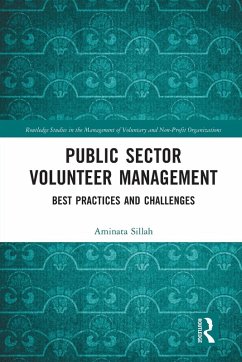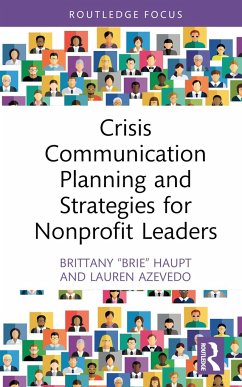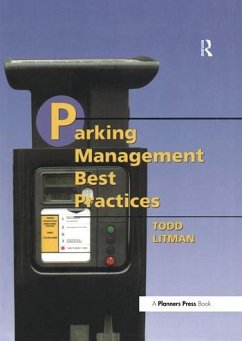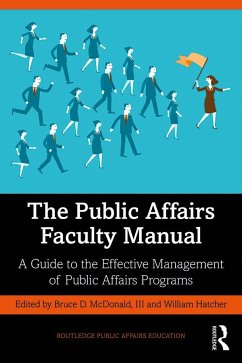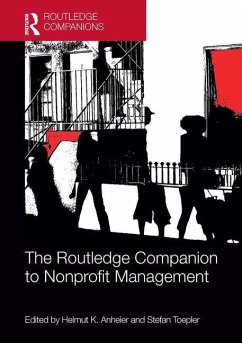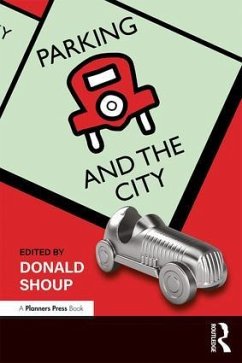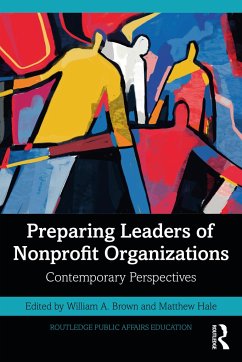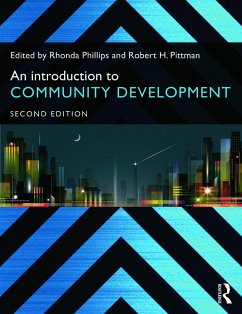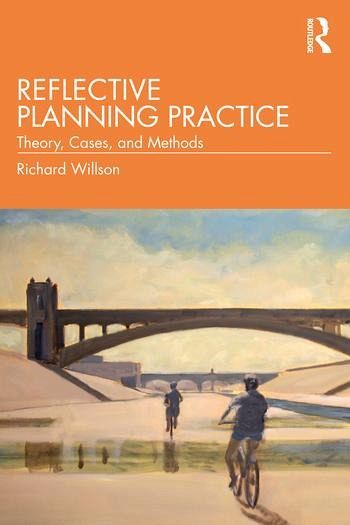
Reflective Planning Practice
Theory, Cases, and Methods
Versandkostenfrei!
Versandfertig in 6-10 Tagen
37,99 €
inkl. MwSt.
Weitere Ausgaben:

PAYBACK Punkte
19 °P sammeln!
Reflective Planning Practice: Theory, Cases, and Methods uses structured, first-person reflection to reveal the artistry of planning practice. The value of professional reflection is widely recognized, but there is a difference between acknowledging it and doing it. This book takes up that challenge, providing planners' reflections on past practice as well as prompts for reflecting in the midst of planning episodes. It explains a reflection framework and employs it in seven case studies written by planning educators who also practice. The cases reveal practical judgments made during the planni...
Reflective Planning Practice: Theory, Cases, and Methods uses structured, first-person reflection to reveal the artistry of planning practice. The value of professional reflection is widely recognized, but there is a difference between acknowledging it and doing it. This book takes up that challenge, providing planners' reflections on past practice as well as prompts for reflecting in the midst of planning episodes. It explains a reflection framework and employs it in seven case studies written by planning educators who also practice. The cases reveal practical judgments made during the planning episode and takeaways for practice, as the planners used logic and emotion, and applied convention and invention. The practical judgments are explained from the perspective of the authors' personal experiences, purposes, and professional style, and their interpretation of the rich context that underpins the cases including theories, sociopolitical aspects, workplace setting, and roles. The book seeks to awaken students and practitioners to the opportunities of a pragmatic, reflective approach to planning practice.





